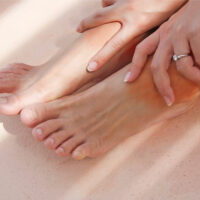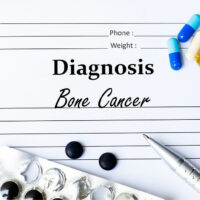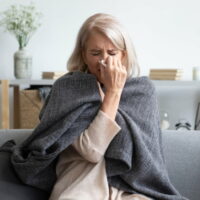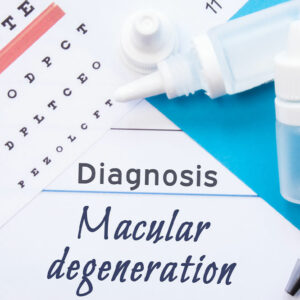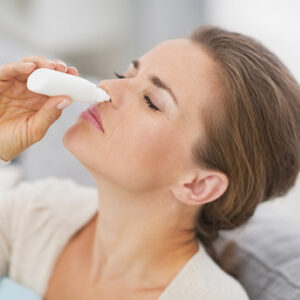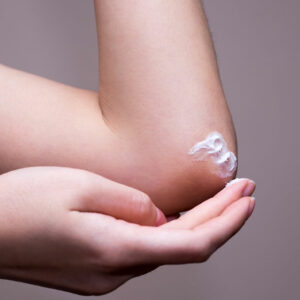
10 unhealthy habits that damage one’s teeth
Maintaining good dental health goes beyond regular brushing and flossing. One must also take care to avoid certain unhealthy habits that damage teeth. However, most of these habits do not cause any issues immediately; the effects are seen only after a few years. But it takes time to undo the side effects. So, the sooner one starts to get rid of these bad habits, the better it is for the teeth and gums. Using a stiff-bristled toothbrush It is a misconception that the harder the bristles are of a toothbrush, the more effective it will be in removing plaque and keeping the teeth clean. On the contrary, hard bristles cause more damage to the teeth by scrubbing at the protective enamel layer. It can also cause tooth sensitivity and gum recession. So, always pick a toothbrush with soft or medium bristles for gentle and thorough cleaning. Nail biting Biting on one’s nails can lead to chipping, cracking, and wearing down of the teeth. Sometimes, constant nail biting can also cause dysfunction of the jaws. This happens because the jaws are pushed to an unnatural angle when biting on the nails. As this habit persists over time, it leads to temporomandibular disorder, or TMD, an oral health disorder that causes pain in the jaws.
Read More. 